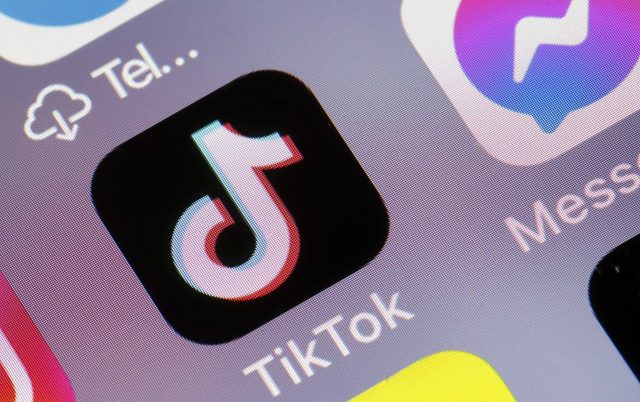TikTok and its Chinese owner sue US government over “foreign adversary” law

🌈 Abstract
The article discusses TikTok and its owner ByteDance's lawsuit against the U.S. federal government to block the "Foreign Adversary Controlled Applications" law that would prohibit TikTok in the U.S. if the company isn't sold to a non-Chinese firm.
🙋 Q&A
[01] TikTok and ByteDance's Lawsuit
1. What are the key points of TikTok and ByteDance's lawsuit against the U.S. government?
- The lawsuit alleges that the law is unconstitutional and violates the First Amendment, the Fifth Amendment's Due Process Clause and Takings Clause, and the prohibition on bills of attainder.
- TikTok and ByteDance claim the law would "silence the 170 million Americans who use the platform to communicate in ways that cannot be replicated elsewhere" and that the government cannot dictate the ownership of privately created speech forums.
- The lawsuit asks for a court order prohibiting enforcement of the law.
2. What is the "Foreign Adversary Controlled Applications" law that TikTok and ByteDance are challenging?
- The law requires TikTok to be blocked in the U.S. unless ByteDance sells the social network division to an entity that isn't "controlled by a foreign adversary".
- The law gives ByteDance 270 days to sell TikTok, with a possible 90-day extension if a sale is in progress. If there's no sale, app stores in the U.S. would have to drop TikTok and internet hosting firms would be prohibited from providing services to enable TikTok's distribution.
3. What are the U.S. government's justifications for the law?
- U.S. lawmakers have alleged that the Chinese Communist Party can weaponize TikTok to manipulate public opinion and access user data, citing national security concerns.
[02] Broader Context
1. How does the lawsuit relate to broader debates around free speech and government regulation of technology platforms?
- The lawsuit argues that the government cannot dictate the ownership of privately created speech forums like TikTok, drawing parallels to restrictions on newspapers, websites, and other private speech platforms.
- The case highlights ongoing tensions between national security concerns and free speech protections, as the U.S. government seeks to limit the influence of foreign adversaries over digital platforms.
Shared by Daniel Chen ·
© 2024 NewMotor Inc.